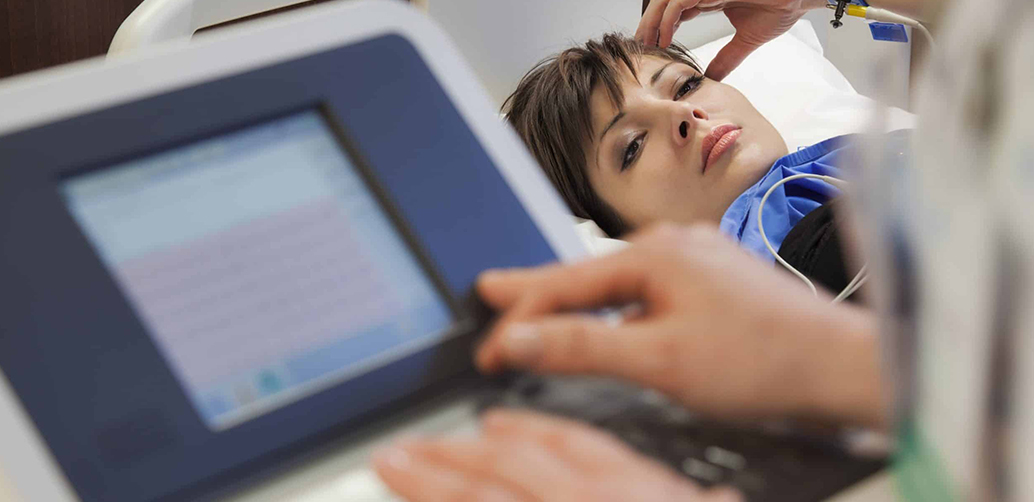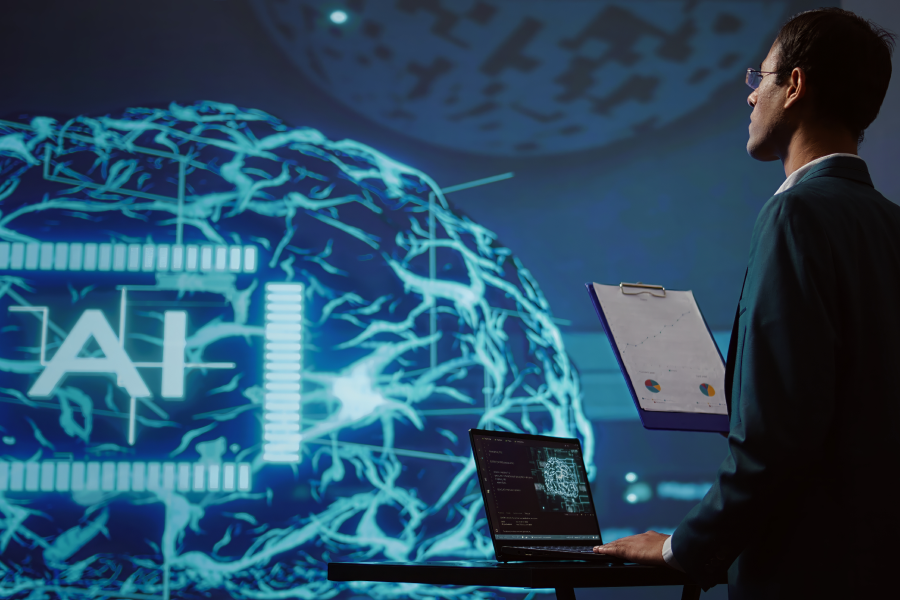The healthcare world had to change exponentially in response to the on-going pandemic. Effects of the COVID-19 virus have been traumatizing and unique to deal with. Fighting with an unknown disease, wherein new symptoms were popping up each day, doctors had to go through a lot of discomfort in the past year or more. They had to adapt to new work settings that were essentially digital. Since social distancing norms did not promote gathering of people, online mediums emerged as a feasible way.
As care for this disease wasn’t known and new information was flowing in from across the world each day, it became increasingly important to have updated and reliable points for consideration. That is where technology found its way in healthcare. From predictive healthcare diagnosis and automated analysis of medical tests using AI to booking vaccination slots via different apps, technology has considerably changed the dynamics of modern healthcare.
Assisting doctors and medical staff was Electronic Medical Records (EMR), which is a technological advancement for storing and transferring relevant patient data. To better the functioning of EMR, Clinical Decision Support (CDS) were attached to it. These helped in bettering decision making and freed professionals for crucial functions. Not only this, predictive and analytical functions of these technologies helped doctors lay a better plan of action for patients, thereby increasing satisfaction.
Did Digitalization Decrease Clinical Errors and Unwanted Testing?
Clinical errors have been one of the prominent hurdles in the path of effective healthcare. From incorrect diagnosis of a disease to administering wrong dosage to patients, there are some loopholes that pop up time and again. However, there is limited possibility of such mishaps with advanced technology. EMR when coupled with CDS holds the patient’s history and has a complete analysis of his/her medical condition. In such a case, it automatically predicts what medication could lead to further harm.
For instance, a person suffering from a skin disease consults a dermatologist. On examining his condition, the doctor prescribes him some medication that can better his condition. However, the condition doesn’t heal as predicted and there is a medical emergency. At such times, access to previous records like what medication was given earlier, is a must. If a person loses his prescription in an emergency situation, it will dysfunction the whole treatment process. But with EMR all the records are well protected and with the physician who can access it as and when he wants to.
Clinical decision making is not as easy as it looks. Although doctors are trained for the same and do know the exact course of action, a lot of workload can hamper their decision making skills and consequently confuse them. To keep the process feasible for them, it is important to provide them with appropriate resources and tools. CDS systems carry updated information about new drugs and their purpose in healthcare. All this is quite crucial in decision making that can lead to better patient outcomes.
Are Digital Technologies In for Post-COVID Times?
With no other solution at hand, all of us have acknowledged the importance of technology in healthcare to ease the effects of pandemic. However, as much as these advancements have shown potential during these difficult times, they have also opened future prediction gates.
The government is actively working to incorporate digitalization in healthcare. A relevant report published asserts that India is leading in the digital adoption front with 76% of doctors already using electronic health records for bettering work quality.
The only hindrance in the path of acceptance of digital technologies is lacking awareness, which can be tackled with open discussion.

 Web and Full Stack
Web and Full Stack CMS and Frameworks
CMS and Frameworks Online Marketing
Online Marketing Cloud Services
Cloud Services ECommerce
ECommerce Mobile
Mobile



